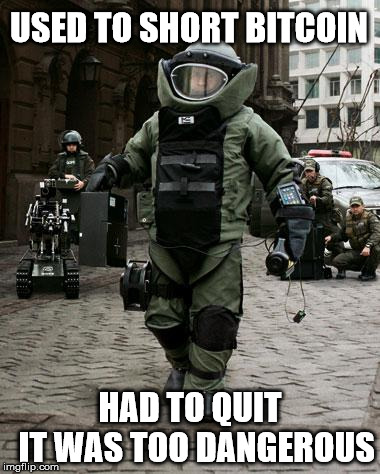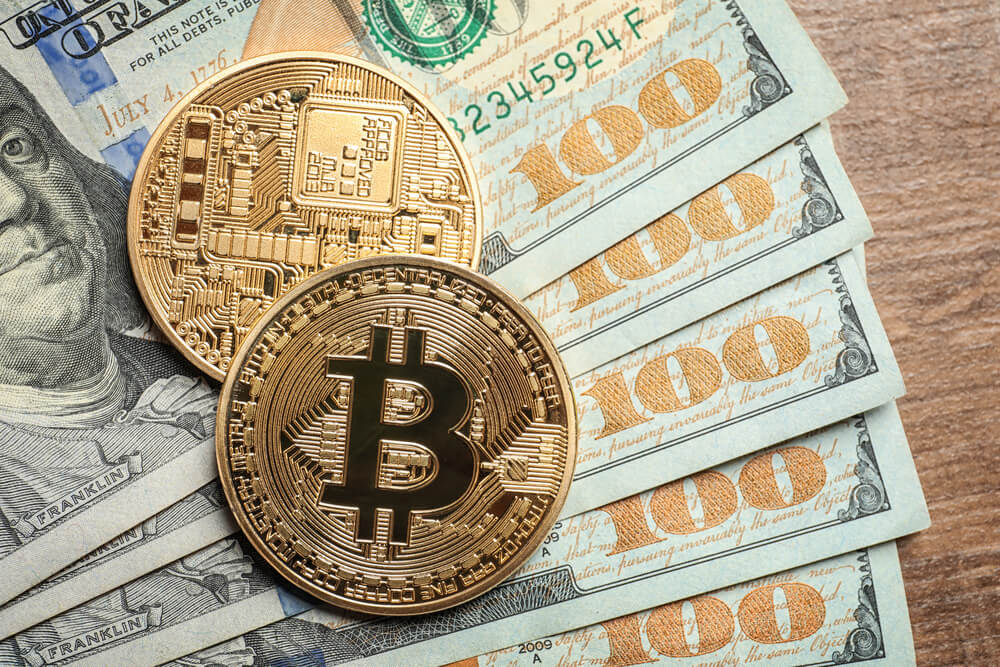Why Bitcoin does not need to be spent
The world has approximately $700-800T in non-derivative assets. This includes real estate, equities, bonds, commodities, cash, and all the bits of stuff people use in their daily lives. The majority of those assets are not used as a payment method.
Take a look at this classic (yet flawed) infographic: https://www.marketwatch.com/story/this-is-how-much-money-exists-in-the-entire-world-in-one-chart-2015-12-18
Cash, as in the type you can hold in your hand, makes up about $8T
Cash, as in the type you keep in a bank account, makes up about $90T
That means 6 out of 7 of the world's assets are not used as a unit of account or payment method. If you consider your own assets, you will probably find a similar ratio of cash-to-other-stuff (investments, real estate, cars). In other words, 6 out of 7 units of value in the world have their value from something other than their ability to be a unit of account or be used as payment.
In order to have a large inherent value, bitcoin need only have a niche of a niche of the utility of any of the asset classes listed in that infographic. If Bitcoin can replace a small fraction of the utility of cash, gold, equities, debt, or derivatives, it will have trillions of dollars in value. It just so happens that Bitcoin and other cryptocurrencies compete in all of these asset markets. Are they better than existing assets? For certain use cases, definitely. For all use cases? Probably not. Being useful in certain use cases is enough in a mature market to justify a value for Bitcoin many times what it is.
Why Bitcoin's largest value is hodling
I bought a gold coin with my bitcoin recently, and while holding the coin, I took another coin of local currency of almost the exact same size and compared the gold coin and the currency coin. It dawned on me that both were shiny metal, and to a child would be equivalent, but it would take over 4,000 copies of the currency coin to hold the same amount of value as the gold coin.
If you reflect on this, you can see that a primary value of gold is that it is a compact and efficient way to store non-inflationary value. In this regard, Bitcoin is far more efficient. Bitcoin has no weight and is more difficult to lose or steal.
Gold justifies an $8T market cap, and most gold is hedl by governments in their reserves. These reserves store gold as opposed to tin or iron or oil because it is more efficient to store and transport gold than anything else physical. In this regard, if Bitcoin replaced even a fraction of world reserves, it would justify a few trillion dollars.
Furthermore, bitcoin is far more liquid than gold. If I would like to sell my gold coin right now, I will guarantee a loss because there is a spread of approximately 10%-20%. This is because shipping and storage of physical gold costs money for traders. With bitcoin, the spread can be as little as 0.01%, which is an indicator of its high liquidity.
With potentially better properties for hodling than gold and cash-like liquidity, Bitcoin is more like a savings account than gold or physical cash. If Bitcoin is truly better than a normal savings account, which I believe it is, it is likely that Bitcoin and crypto can justify $20T-50T market caps. In a mature market many years away, that's 100-200x current values without much usage as a payment method or unit of account.
To sum it up, it is great that Bitcoin is useful in so many ways, but don't discount what Bitcoin is best at: saving! There is a lot of demand for savings accounts in the world. Even governments need to save! Maybe one day in a few years a small government will open a savings account in Bitcoin. :)
Submitted June 29, 2018 at 04:59PM by 1ncehost http://bit.ly/2KiuWvz







